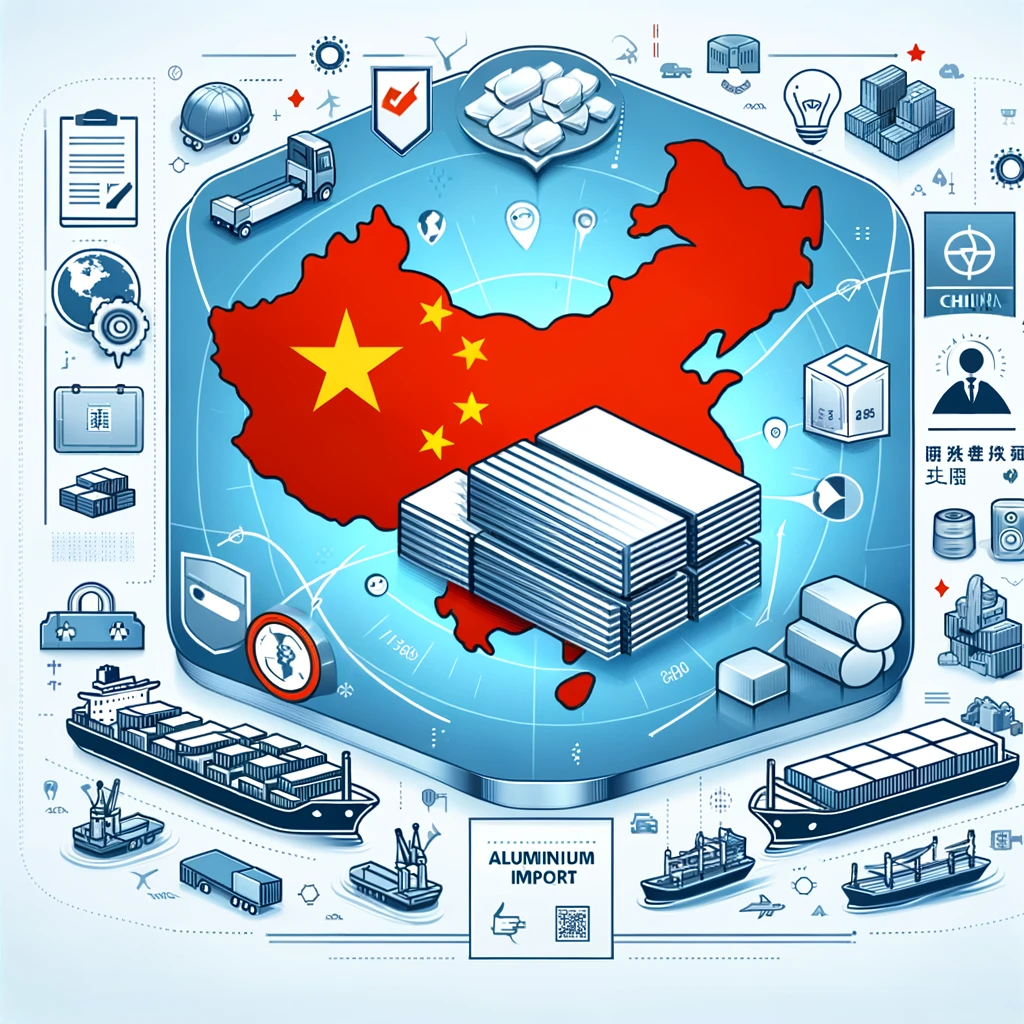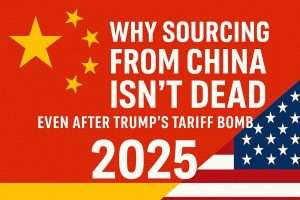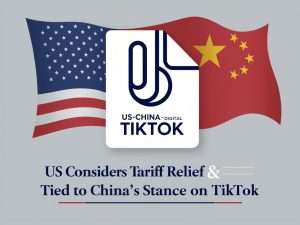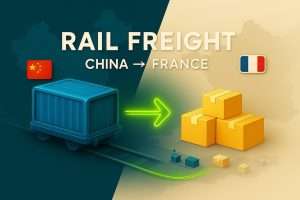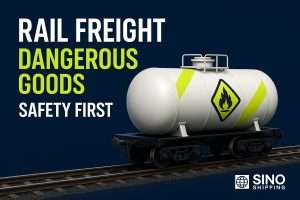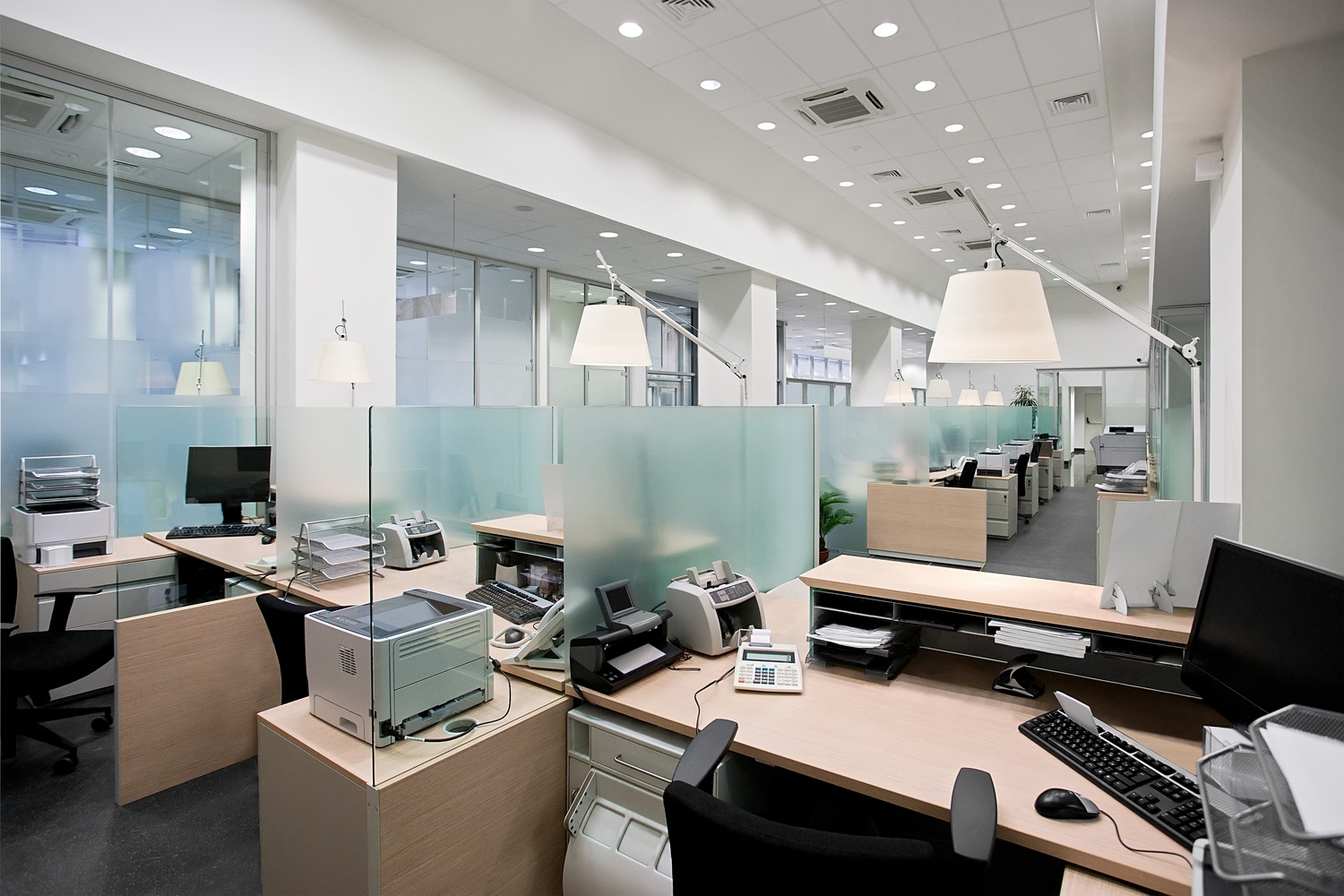Introduction
Why is importing aluminum from China becoming a pivotal strategy for businesses worldwide? Aluminum, a versatile and lightweight metal, is increasingly in demand across various industries, from construction to electronics. China, as a major producer, offers competitive pricing and abundant supply, making it an attractive source for businesses globally. The aim of this article is not just to highlight the growth and significance of aluminum imports from China but also to address key concerns and provide practical guidance for businesses looking to navigate this complex but rewarding terrain.
Understanding the Costs of Importing Aluminum from China

Tariffs and Customs Fees
Understanding tariffs and customs fees is crucial in grasping the full cost of importing aluminum from China. These fees can significantly influence the total expense, varying based on the country of import and specific trade agreements. For instance, a country with a free trade agreement with China might face lower tariffs, affecting the overall cost-effectiveness of the import. It’s essential to stay updated with the latest trade policies and tariffs, as they directly impact your bottom line.
Transportation and Shipping Costs
The cost of transportation is a key component in the overall expense of importing aluminum. Options like sea freight are generally more cost-effective for large volumes but take longer, while air freight offers speed at a higher price. Each method comes with its own set of considerations – sea freight might involve lower costs but longer lead times, impacting your inventory management. Balancing these factors is critical in optimizing your shipping strategy.
Taxes and Additional Logistic Expenses
Apart from tariffs and transportation, several additional costs can arise, often unexpectedly. These include VAT, duties, and other logistic expenses like warehousing and local transportation. For example, storage fees at ports can accrue if there are delays in customs clearance. It’s vital for businesses to budget for these potential expenses to avoid surprises and ensure a smooth import process. Understanding the full scope of these taxes and logistical costs is essential for a comprehensive cost analysis.
Finding Reliable Aluminum Suppliers in China
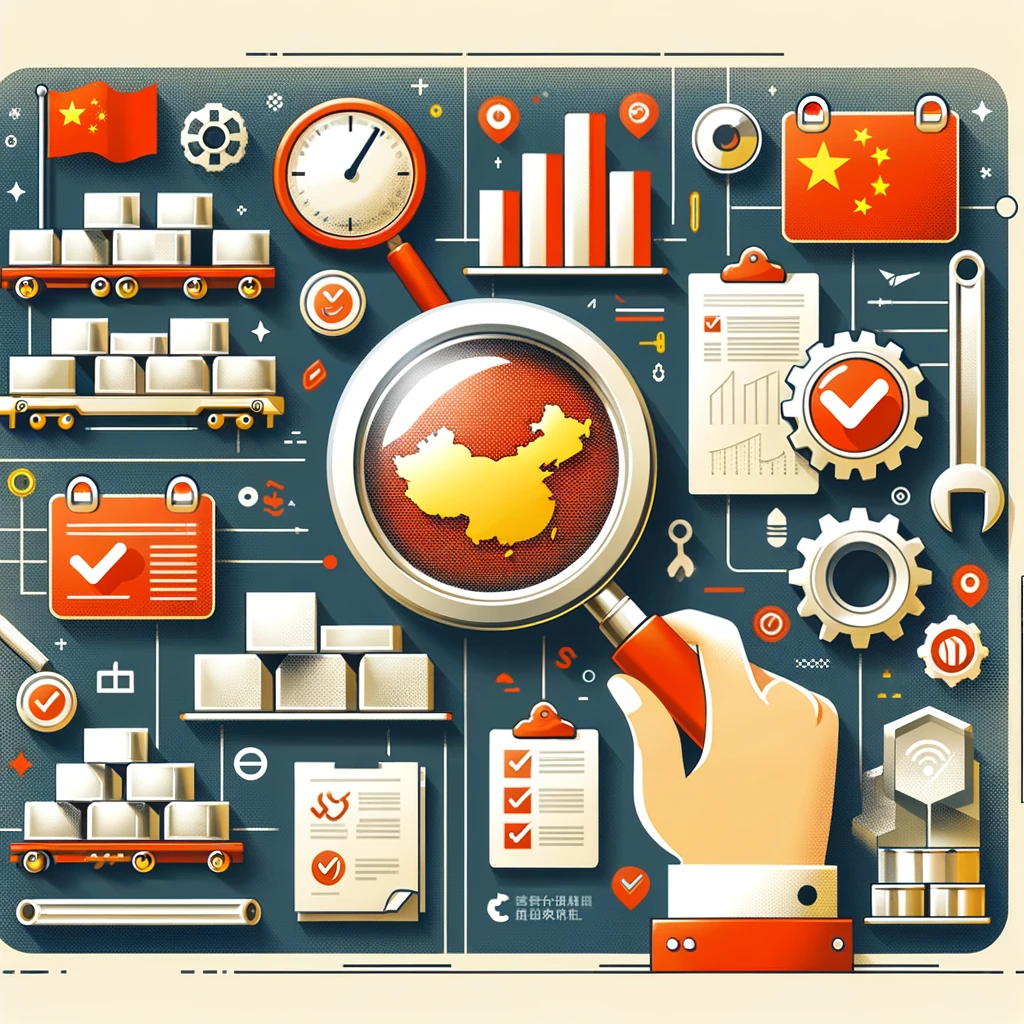
Identifying Credible Suppliers
How do you navigate the vast marketplace to find credible aluminum suppliers in China? The key is thorough research and networking. Online platforms like Alibaba and Made-in-China offer extensive lists of suppliers, but it’s crucial to look beyond the screen. Checking customer reviews and ratings, and engaging in forums can offer real insights into the supplier’s reliability. Additionally, attending trade fairs like the Canton Fair provides a direct opportunity to meet suppliers, examine their products, and establish personal connections, an invaluable aspect in the Chinese business culture.
Vetting Suppliers for Quality and Reliability
Once potential suppliers are identified, the next crucial step is vetting them for quality and reliability. This can be done by requesting samples for a firsthand quality check, and inspecting business licenses and certifications for authenticity. A useful strategy is to conduct a factory audit, either personally or through a third-party service, to ensure that the supplier meets your standards and adheres to fair labor practices. Remember, establishing a long-term relationship with a trusted supplier can lead to better pricing, quality, and reliability in the long run.
Quality Standards and Certification for Chinese Aluminum

International and Local Standards
When importing aluminum from China, understanding and adhering to quality standards is non-negotiable. International standards like ISO (International Organization for Standardization) set the benchmark for quality. For instance, ISO 9001 certification in a supplier indicates a consistent level of quality in their production processes. Be aware of local Chinese standards too, which might have specific requirements differing from international norms. Familiarizing yourself with these standards ensures that the aluminum you import meets both safety and quality expectations.
Understanding Certification Requirements
Navigating the certification landscape is another vital aspect. Certifications are not just about product quality, but also about compliance with international trade regulations. For aluminum, certifications could include environmental impact assessments like the ISO 14001, which reflects the supplier’s commitment to environmental management. Ensuring that your supplier’s certifications are valid and up-to-date can save you from legal complications and uphold your reputation in the market.
Managing Logistics and Transportation

Choosing the Right Mode of Transport
What are the key factors to consider when selecting the mode of transport for aluminum imports from China? The choice between maritime, air, and land transportation depends on factors like cost, volume, and urgency. Maritime shipping is often the most cost-effective for large volumes, though it takes longer. Air freight, while more expensive, is faster and suitable for urgent or high-value shipments. Land transportation can be a viable option for neighboring countries. It’s essential to weigh these options against your specific needs, considering factors like shipment size, distance, and delivery deadlines.
Ensuring Timely and Secure Shipments
Guaranteeing the timeliness and security of your aluminum shipments is crucial. Implementing tracking systems allows real-time monitoring of your cargo, providing both you and your clients with peace of mind. Additionally, choosing reputable logistics providers with proven records in handling delicate materials is vital. Regular communication with your logistics partners helps in proactively managing any potential delays or issues, ensuring smooth delivery.
Navigating Customs Restrictions and Regulations

Understanding Customs Laws
Navigating the complexities of customs laws is a critical aspect of importing aluminum from China. Familiarity with the import regulations of your country, including necessary documentation and compliance requirements, is essential to avoid costly delays. For instance, certain countries might have specific labeling or packaging requirements for aluminum imports. Keeping abreast of these laws not only ensures compliance but also smoothens the import process.
Dealing with Trade Restrictions and Quotas
In today’s ever-changing global trade environment, understanding and managing trade restrictions and quotas is more important than ever. These can significantly impact the cost and feasibility of importing aluminum. For example, amid trade tensions, some countries may impose additional tariffs or quotas on aluminum imports from China. Staying informed about these changes and adapting your import strategy accordingly is key to maintaining a cost-effective and compliant import process.
Negotiating with Chinese Suppliers
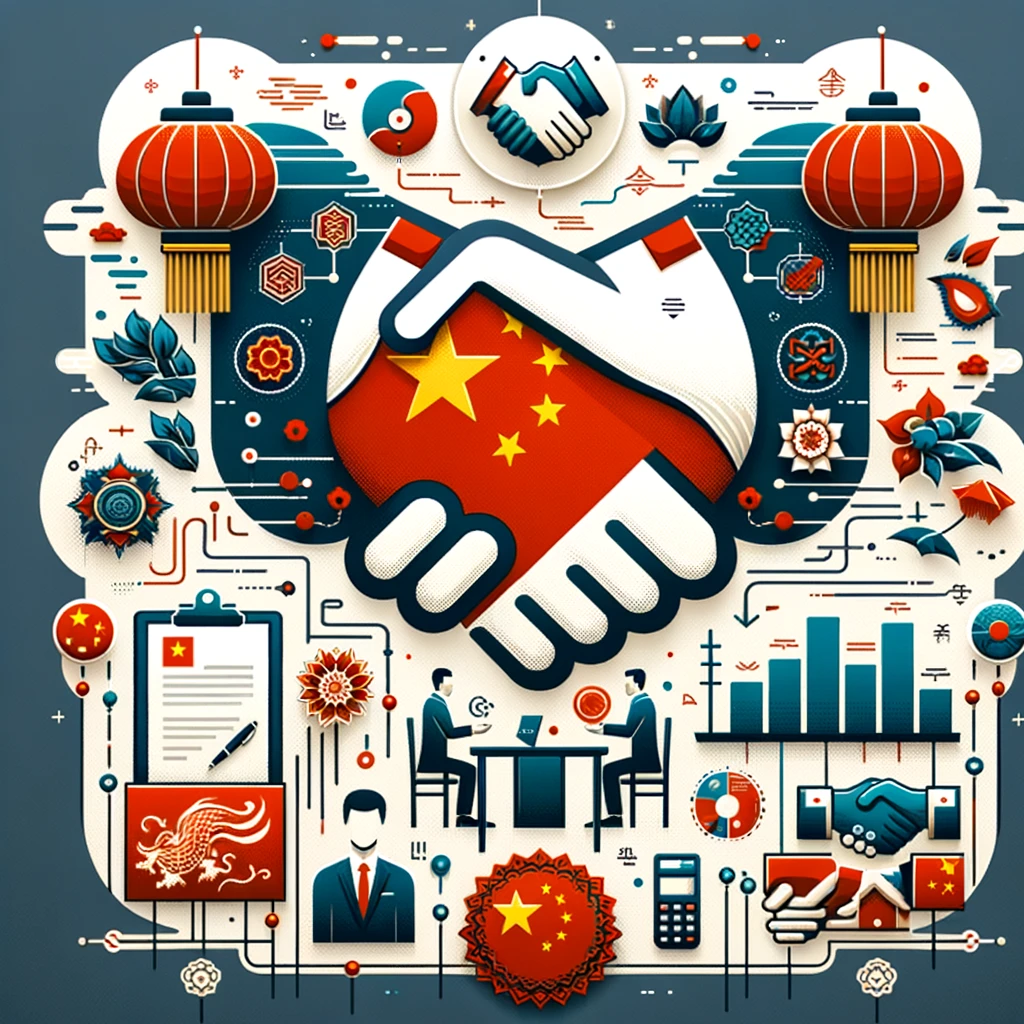
Overcoming Cultural and Language Barriers
How can effective communication bridge the gap in negotiations with Chinese suppliers? Overcoming cultural and language barriers is pivotal for successful negotiations. Utilizing the services of a professional translator or a bilingual negotiator can ensure clear communication. It’s also beneficial to understand and respect Chinese cultural norms, such as the importance of building relationships (guanxi) and the subtleties of non-verbal communication. Patience and empathy towards these differences can foster trust and lead to more fruitful business relations.
Understanding Local Business Practices
Understanding the nuances of Chinese business practices is crucial for successful negotiations. This includes being aware of the bargaining culture where initial prices may be higher, expecting negotiation. Acknowledge the significance of formalities like business card exchanges, and be prepared for longer, relationship-building meetings before getting into serious negotiations. Being informed about these local practices not only eases the negotiation process but also shows respect for your Chinese counterparts, which is highly valued in their business culture.
Assessing and Mitigating Risks in Importing Aluminum

Identifying Potential Risks
What are the inherent risks in importing aluminum from China, and how can businesses identify them? Importing from China involves several risks, including political, economic, and quality-related risks. Political risks may stem from changes in trade policies or international relations, while economic risks could be related to currency fluctuations or market instability. Quality risks involve receiving products that do not meet the required standards or specifications. Staying informed about these potential risks is crucial for any importer to avoid surprises and protect their investment.
Strategies for Risk Mitigation
Mitigating these risks requires a proactive approach. Establishing strong quality control measures, such as regular product inspections and factory audits, can ensure product standards. Diversifying your supplier base can protect against political and economic fluctuations – if one source becomes untenable, you have alternatives. Additionally, keeping abreast of global and regional economic trends and trade policies helps in anticipating and preparing for potential changes that could impact your import business.
Market Fluctuations and Pricing

Impact of Market Volatility
How do global market fluctuations impact the pricing of aluminum imported from China? Aluminum prices are sensitive to a variety of global market factors, such as changes in supply and demand, economic conditions, and even geopolitical events. For example, a surge in construction activity can drive up demand and prices for aluminum, while an economic downturn might have the opposite effect. Understanding these market dynamics is crucial for importers to anticipate price changes and manage their purchasing strategy accordingly.
Planning for Price Fluctuations
Dealing with price volatility requires a strategic approach. One effective strategy is hedging, which involves using financial instruments to lock in prices and protect against sudden market shifts. Additionally, maintaining flexible inventory levels can allow businesses to buy more aluminum when prices are low and reduce purchases when prices are high. Keeping a close eye on market trends and forecasts helps in making informed decisions and mitigating risks associated with price fluctuations.
International Trade Policies and Their Impact

The Effect of Trade Wars and Agreements
What role do international trade policies, like trade wars and agreements, play in aluminum imports from China? Trade policies can have a significant impact on the ease and cost of importing aluminum. For instance, a trade war between China and another country could result in increased tariffs, making aluminum imports more expensive and less competitive. Conversely, trade agreements can facilitate smoother and more cost-effective trade by reducing or eliminating tariffs. Being knowledgeable about these policies and their potential changes is key for importers to navigate the international trade landscape successfully.
Navigating Protectionist Policies
Adapting to protectionist policies in different countries is a crucial skill for aluminum importers. Protectionism, often manifested in high tariffs or import quotas, aims to shield domestic industries from foreign competition. To navigate these policies, businesses might consider strategies like partnering with local entities or exploring markets with fewer trade barriers. Keeping abreast of global trade dynamics and regularly consulting with trade experts or legal advisors can provide valuable insights into adapting to these changing scenarios.
Ensuring Environmental and Ethical Compliance

Environmental Concerns in Aluminum Import
How significant is the environmental impact of importing aluminum from China, and what steps can be taken for sustainability? The environmental aspect of aluminum import involves examining the carbon footprint of production and transportation. China’s heavy reliance on coal-fired power plants for aluminum production raises concerns about greenhouse gas emissions. Importers can play a role in promoting sustainability by choosing suppliers that adhere to environmentally-friendly practices, such as using renewable energy sources or implementing efficient recycling programs. This not only reduces the environmental impact but also aligns with the growing global demand for sustainable and responsible sourcing.
Ethical Considerations in Supply Chains
When importing aluminum, it’s crucial to consider the ethical implications of your supply chain. Issues like labor conditions and fair wages in factories are significant. Ensuring that your suppliers comply with international labor laws and ethical standards is not just a moral obligation but also impacts your brand’s reputation. Conducting regular audits and demanding transparency in the supply chain are effective ways to uphold ethical standards and demonstrate your commitment to responsible business practices.
Conclusion
In summary, importing aluminum from China is a complex process, influenced by factors like costs, quality standards, logistics, and international trade policies. However, by understanding and effectively navigating these elements, businesses can not only enhance their operational efficiency but also contribute positively to global trade dynamics. Remember, staying informed, adaptable, and ethically responsible are key to successfully importing aluminum from China.
FAQ
What are the most significant factors affecting aluminum import costs from China?
Factors include tariffs, transportation costs, market fluctuations, and supplier pricing strategies.
How can importers ensure the quality of Chinese aluminum?
By vetting suppliers, conducting quality checks, and ensuring compliance with international standards.
What are the best practices for logistics and transportation management in aluminum imports?
Choosing the right mode of transport, tracking shipments, and managing delivery timelines efficiently.
How do international trade policies currently affect aluminum imports from China?
Trade wars, agreements, and protectionist policies can significantly impact costs and availability.
What are the essential considerations for environmental and ethical compliance in aluminum import?
Ensuring suppliers adhere to environmental standards and ethical labor practices.

